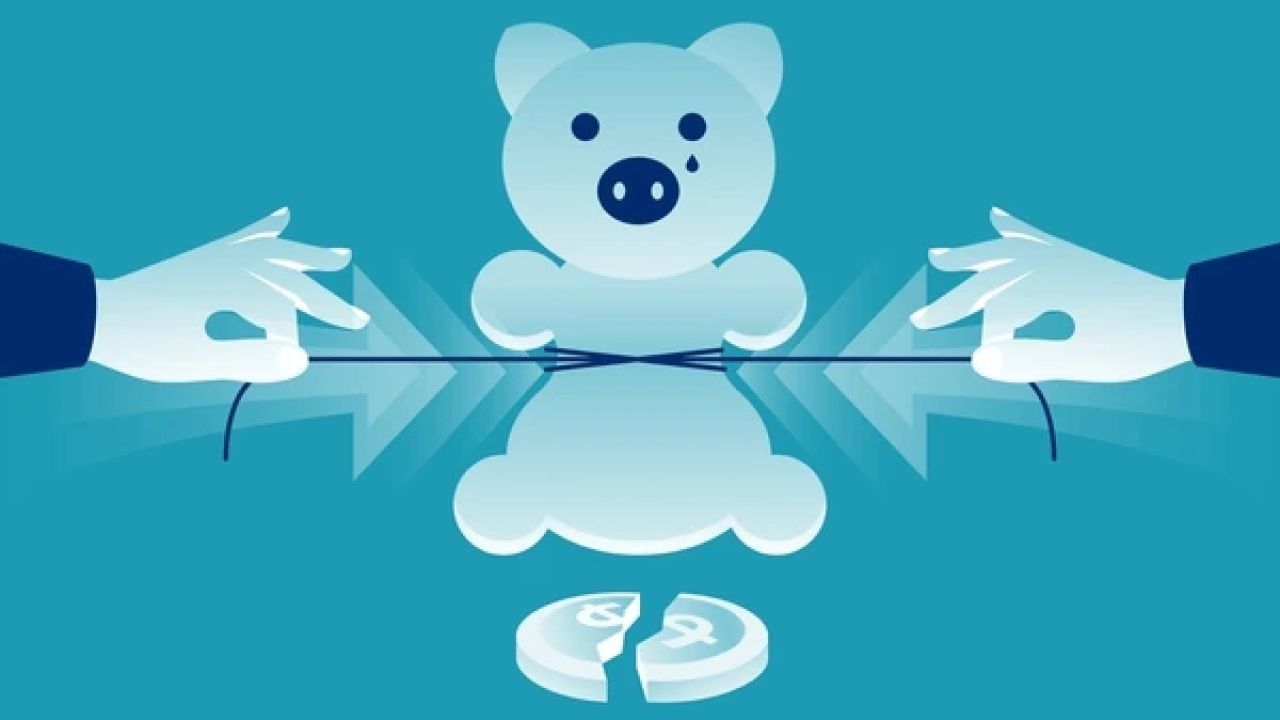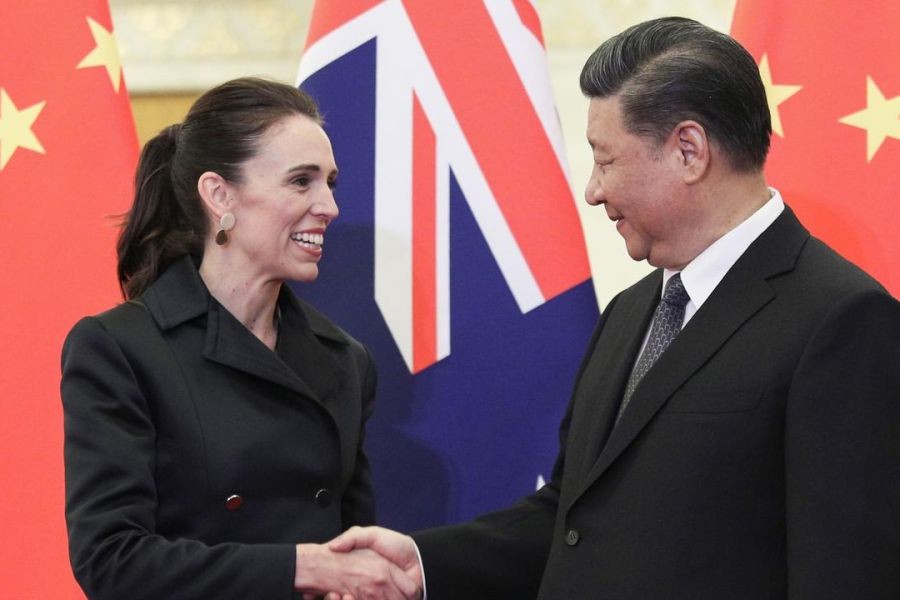Trust is the cornerstone of any thriving economy, and in Australia, a noticeable shift in consumer confidence towards big brands is raising eyebrows. As Australian shoppers increasingly turn away from established names, understanding the underlying causes of this trust erosion is crucial for policymakers, businesses, and consumers alike. This article delves into the factors driving this change, backed by data and real-world examples.
Understanding the Trust Deficit in Australian Brands
Recent surveys indicate a growing skepticism among Australian consumers towards big brands. According to a study by the Australian Bureau of Statistics (ABS), consumer trust in large corporations has declined by 15% over the past five years. This trend is not confined to Australia alone; globally, consumers are becoming more discerning, seeking authenticity and transparency in the brands they engage with.
The Impact of Corporate Scandals
Corporate scandals have played a significant role in eroding trust. High-profile cases of unethical practices have tainted the reputation of large brands. In Australia, the banking sector has been under scrutiny following the Royal Commission into Misconduct in the Banking, Superannuation and Financial Services Industry. The findings revealed systemic issues, leading to a decline in public trust in financial institutions.
Consumer Expectations and Ethical Concerns
Today's consumers are more informed and socially conscious. They demand accountability and ethical practices from the brands they support. A report by the Australian Competition & Consumer Commission (ACCC) highlights that 78% of Australian consumers consider a brand's environmental policies before making a purchase. This shift in consumer priorities is forcing brands to adapt or risk losing their customer base.
Case Study: The Fall and Rise of an Australian Brand
Case Study: Woolworths – Navigating the Trust Crisis
Problem:
Woolworths, a retail giant in Australia, faced a significant trust issue in 2015 when it was embroiled in a supplier payment scandal. The company was accused of demanding extra payments from suppliers to boost its earnings, leading to negative publicity and a loss of consumer confidence.
Action:
To regain trust, Woolworths implemented a series of changes, including overhauling its supplier policies and increasing transparency in its operations. The company launched a sustainability program, committing to reducing plastic usage and supporting local producers.
Result:
These efforts paid off, with Woolworths seeing a resurgence in consumer trust. Within two years, the company reported a 20% increase in customer satisfaction scores. Woolworths' commitment to ethical practices and sustainability resonated with consumers, restoring its reputation as a responsible retailer.
Takeaway:
This case study underscores the importance of transparency and ethical practices in rebuilding consumer trust. For Australian brands, focusing on sustainability and ethical sourcing can be a powerful strategy to win back skeptical consumers.
Common Myths About Consumer Trust
Despite the clear indicators of shifting consumer behavior, several myths persist regarding trust in big brands. Let’s debunk some of these:
- Myth: "Price is the primary factor in consumer decisions." Reality: While price is important, 67% of Australian consumers prioritize brand values and transparency over cost (Source: Deloitte).
- Myth: "Brand loyalty is unshakeable." Reality: The rise of digital platforms has made it easier for consumers to switch brands, with 40% of Australians having tried a new brand in the past year (Source: RBA).
- Myth: "Only younger consumers care about ethics." Reality: Ethical consumption is a priority across all age groups, with 55% of Australians over 50 considering a brand's ethical stance before purchasing (Source: ABS).
The Future of Trust in Australian Brands
Looking ahead, brands must navigate a landscape where consumer expectations are higher than ever. By 2026, it's predicted that Australian consumers will demand even greater transparency in corporate practices, with digital tools playing a pivotal role in enabling this transparency (Source: CSIRO).
Pros and Cons of Rebuilding Trust
Pros:
- Increased Customer Loyalty: Ethical practices can boost brand loyalty and customer retention.
- Competitive Advantage: Companies with strong ethical standards often outperform competitors.
- Positive Brand Image: Transparency can enhance a brand's reputation and attract new customers.
Cons:
- Implementation Costs: Adopting sustainable practices may require significant investment.
- Regulatory Challenges: Navigating complex regulatory landscapes can be time-consuming.
- Initial Resistance: Changes in corporate culture may face resistance internally.
Conclusion
As Australian shoppers continue to scrutinize the brands they engage with, the path forward for big brands lies in transparency, ethical practices, and a genuine commitment to consumer values. By embracing these principles, brands can rebuild trust and secure their place in the hearts and minds of consumers.
What's your take on the future of trust in big brands? Share your insights below!
Related Search Queries
- Why are Australian consumers losing trust in big brands?
- Impact of corporate scandals on consumer trust in Australia
- How ethical practices influence Australian consumer behavior
- Rebuilding brand trust in Australia
- Future trends in consumer trust for Australian brands

































Martinwildrossverige
10 months ago